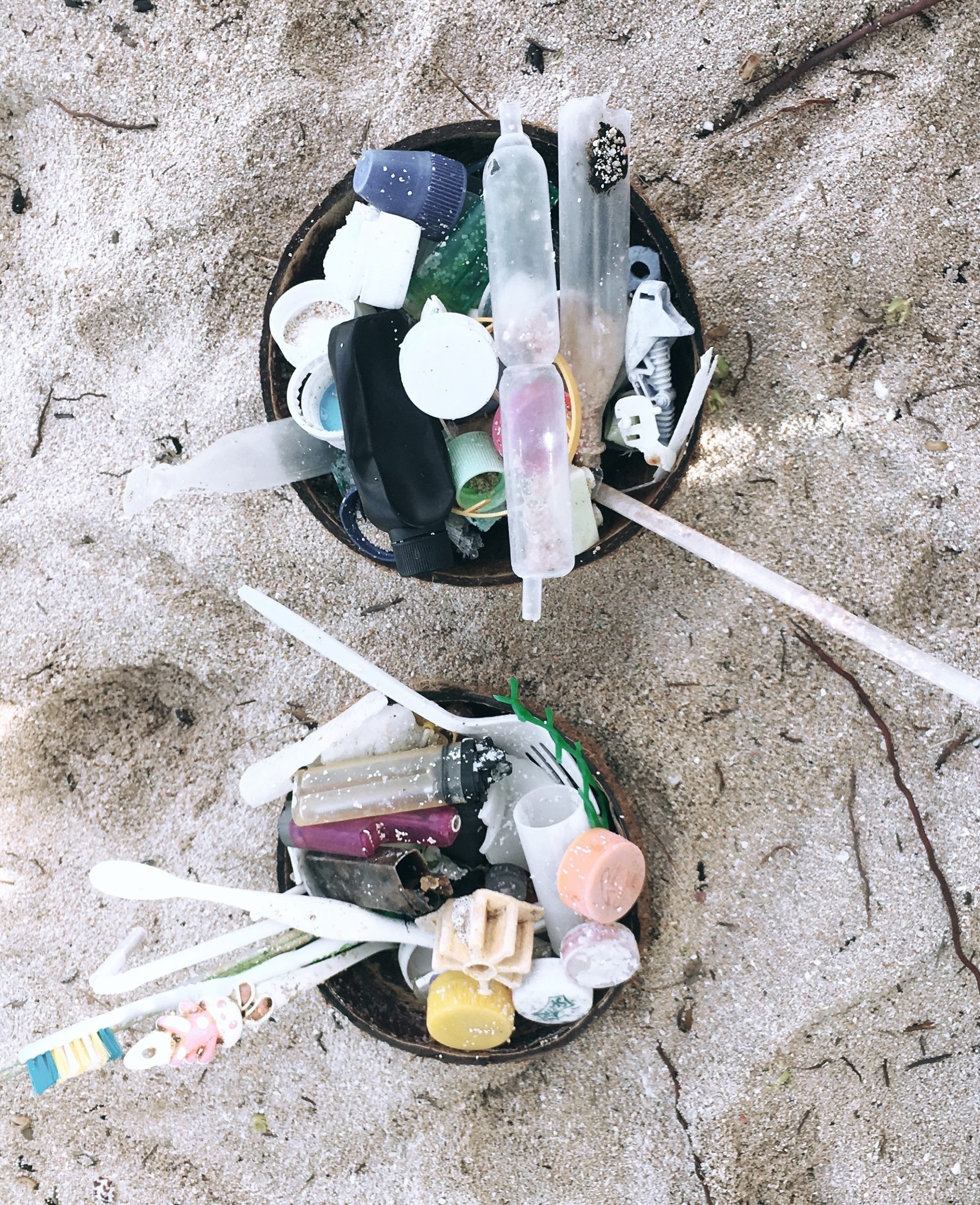
How we can all be modern everyday activists
Hi everyone,
Last week I had the honor to visit Earth talks in Vienna last week and listen to some of the biggest activists, designers, filmmakers and even Austria´s first lady. It was really inspiring to be in a room with so many great minds that care about this planet.
On the weekend I went from Vienna to Ljubljana and went to my first Vegefest event. If you are interested I traveled around by train and bus this weekend + city bike and my legs. 🙂 After a shorter hike in the morning, we joined Vegefest in the afternoon. We had some great food and great laughs at the 2h talk by Marko Čenčur. I highly recommend his talks.
And while I was traveling around the cities and from one city to another, I observed people and their relationship with plastic and products in general. All the fast food, fast fashion, fast drinks, fast transport,… and the result is single-use plastic everywhere. On one side of the street you have typical fast food restaurant with plastic and meat, and on the other side of the street, there is stylish vegan fast food with biodegradable cups and paper plates. And not to forget a delicious vegan burger, chips, and coffee. All people would need to do is to walk to this side of the street and give it a try.
I also refused to take that takeaway coffee on the train, just so I could enjoy it for 1 minute and throw the cup in the trash. So I later walked to the bar (on the train) with my reusable mug and they had no problems of making coffee in my mug. We just need to ask and try.
What is everyday activism all about?
The primary realization behind the choice to engage in everyday activism is that all of our actions have social effects, even if we do not notice those effects. Everyday choices such as our purchases, commuting habits, electricity usage, and pass-times can have effects on a wide range of social issues.
Once we realize this, we can change our actions, even if only in small ways, which has effects on the rest of society. (Wikia)
How hard it is for people to avoid all the plastic?
So it got me thinking; How informed is the average person in Europe? How hard it is for him/her to avoid all the plastic? Can we really expect everybody to be environmentally conscious and do that extra step to avoid plastic?
I know that in my world it makes total sense and I don´t mind paying that extra €, not eating animals or doing an extra step. And I can also (at least I hope) spot the greenwashing in front of me. But it´s not always easy even for me, options are not always there, the price is not always OK. So I try to understand somebody with a lot less time and money. They will grab the cheapest most convenient option, which is unfortunately in most cases plastic and not the healthiest.
“Environmental shopping simply means considering the environmental impact of the products you buy and selecting environmentally friendly products and packaging when you have a choice.”
Who is to blame that there is not enough plastic free options in our local grocery shops and there is too many wannabe green products and greenwashing? Why people are not informed and even fooled? Why is meats cheaper than vegetables? If you ask me it´s up to the government, companies, brands, shops, … to stop all this plastic, to choose more sustainable packaging. The government has to assure that eco-friendly product are affordable or even cheaper than the plastic one. There need to be strict regulations and higher tax on plastic. Imagine a plastic bottle would tell the truth and have the same warning as a pack of cigarettes? And I know it´s not as dangerous as smoking but, people still deserve to know. 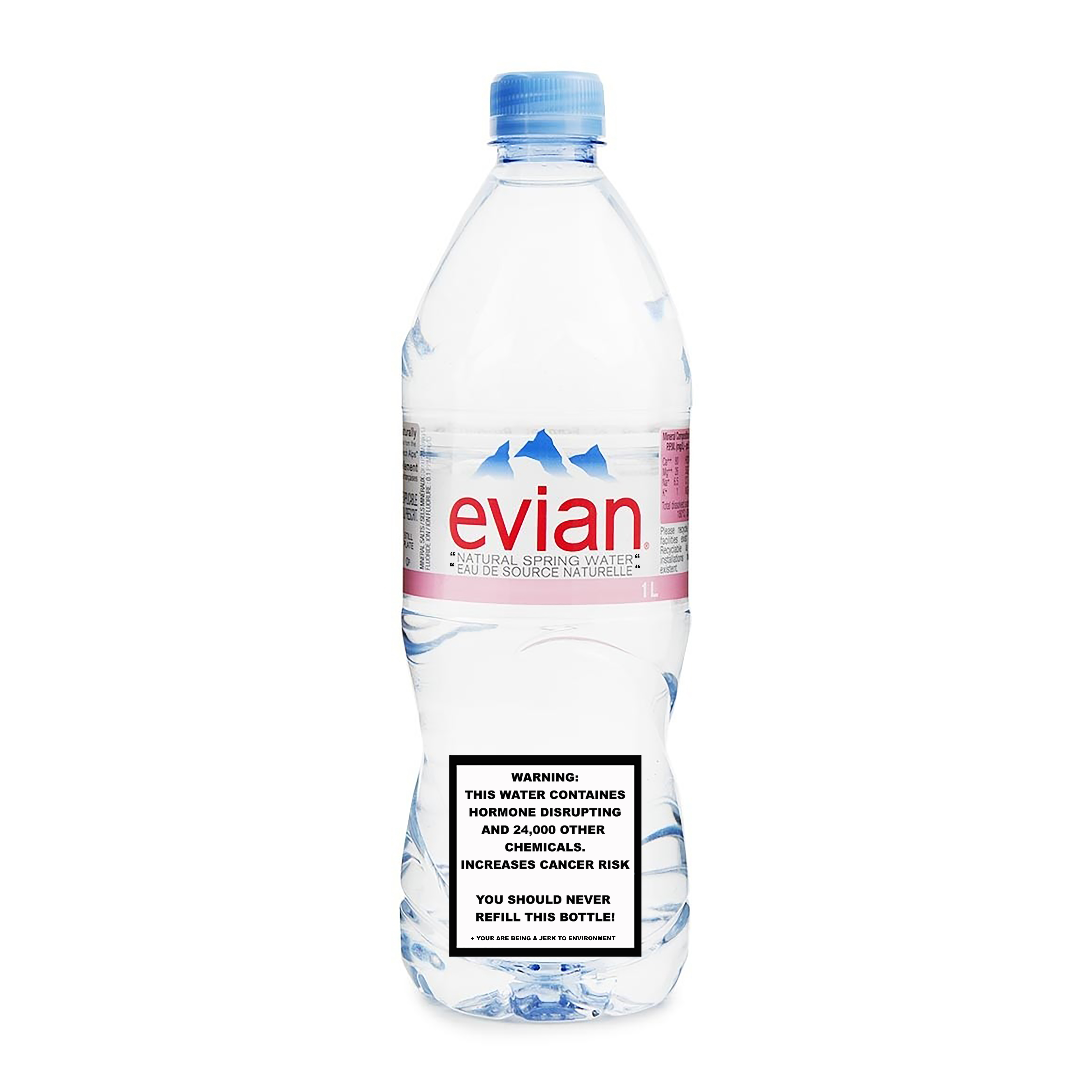
Not everyone can afford farmers market and not everything there is organic and without pesticides.
What can we do?
If we really want to make a difference, we need to pressure government, companies, brands, shops, all that have the power to change things around. We can try to do our best, and we definitely make a difference with our choices and thank you for that! But I´m afraid there is never going to be enough people doing the same to really change the market. And the companies will not always tell us the truth about their products (ingredients). But the reality is that the majority of people will still choose the most convenient and affordable option. And that option needs to become greener. Which is definitely not the case right now.
I know that now that Earth day and Fashion revolution days are over, even people that care will slowly go back to old habits. Buying that 5€ T-shirt is just more convenient than trying to find bio cotton fairly produced one, that will cost as it should around 30€. Grabbing a takeaway coffee on the way to work is just easy and fast. Not knowing is better than reading and learning the truth about all the products we buy and companies we support.
Convenience at the expense of the planet is not convenient at all.
I know if I tell you to use a reusable coffee mug and water bottle might convince a few people to do it and I´m so happy it does. But if we convince the brand to change the packaging, a restaurant to stop using plastic, a city to ban single-use plastic, this has a bigger impact. We that care about environment need to get more active, even political if you want.
This are some small actions that can have a big impact. This is how you become a modern social activist.
- Write companies an email and explain or suggest solutions.
- Attend a town hall.
- Send an Instagram message to brands and organizations.
- Tag the brand in the photo.
- Don‘t buy the product, talk to the supervisor of the store and to the ladies at the register.
- Share a story on Instagram and tag the brand.
- Create a design with a strong message.
- Talk to your friends and family about pollution.
- Make a presentation in school or in your community.
- Get inspired and learn from people that live low-waste life, vegan,…
- Write a blog.
- Make a video.
- Sign or create online petitions.
- Raise or donate money for an organization.
- Write a song if that´s your talent.
- Organize or join a clean up.
- Organize or join a protest.
- Go vegan, even if you just start with 1 day/week.
- Go to a restaurant that doesn´t use plastic.
- Support local bio shops, shops without packaging, oragnic farmers,…
- Or just say no to that plastic bottle and bag.
- Do the best you can and be an example to others.
You as a consumer you have the power to change things!
I´ve read a post today that people unwrap the vegetables and fruit in the shop and leave the plastic there for them to clean up. To show them that they don´t want the plastic. I don´t really agree with that. Since we are still buying the product, they probably don´t give a crap if we unwrap it. They might not even get it why we do it. Plus they might not recycle that plastic. They sold the product, that´s all they care. Just don´t buy that oranges wrapped I plastic and tell them why you don´t want them and what they should do.
And don´t let them tell you that you can recycle their plastic. We need to stop the production of it. Because even if we think we are doing good and recycling, only around 9% off all plastic we collect gets recycled. The rest ends up on the landfills and in the ocean! (news.nationalgeographic.com)
I asked a few questions on Instagram and 50% of the people said their local grocery shop doesn´t offer bamboo or compostable toothbrushes, safety razors, shampoo bars, allow reusable containers for deli products, have no bulk options. A bit higher percentage of people (around 85%) said they can buy fruits and vegetables without plastic, that the local coffee shop allows them to bring a reusable mug and that local shop offers menstrual cups.
We are paying with our health, our children’s and other peoples health, animals health, planets health. We deserve better, our planet deserves better. So pay attention, get angry, then calm down and show brands and shops what and how they should do things better.
Some great news
Europe´s Plastics 2030 plan. All plastic packaging on the EU market will be recyclable by 2030 under plans to tackle plastic pollution published by the European Commission. Currently, less than 30% of the 25 million tonnes of plastic waste generated by Europeans is collected for recycling. The EU-wide strategy on plastics also aims to reduce single-use plastics which represent half of all marine litter, as well as restrict the use of microplastics.
But that doesn´t mean we should sit back and wait for the companies to be forced to change. 12 years is a long time, we deserve some change now. Even if it´s a small change that makes a big difference.
Thank you,
Mateja
And here are some photos from my weekend.

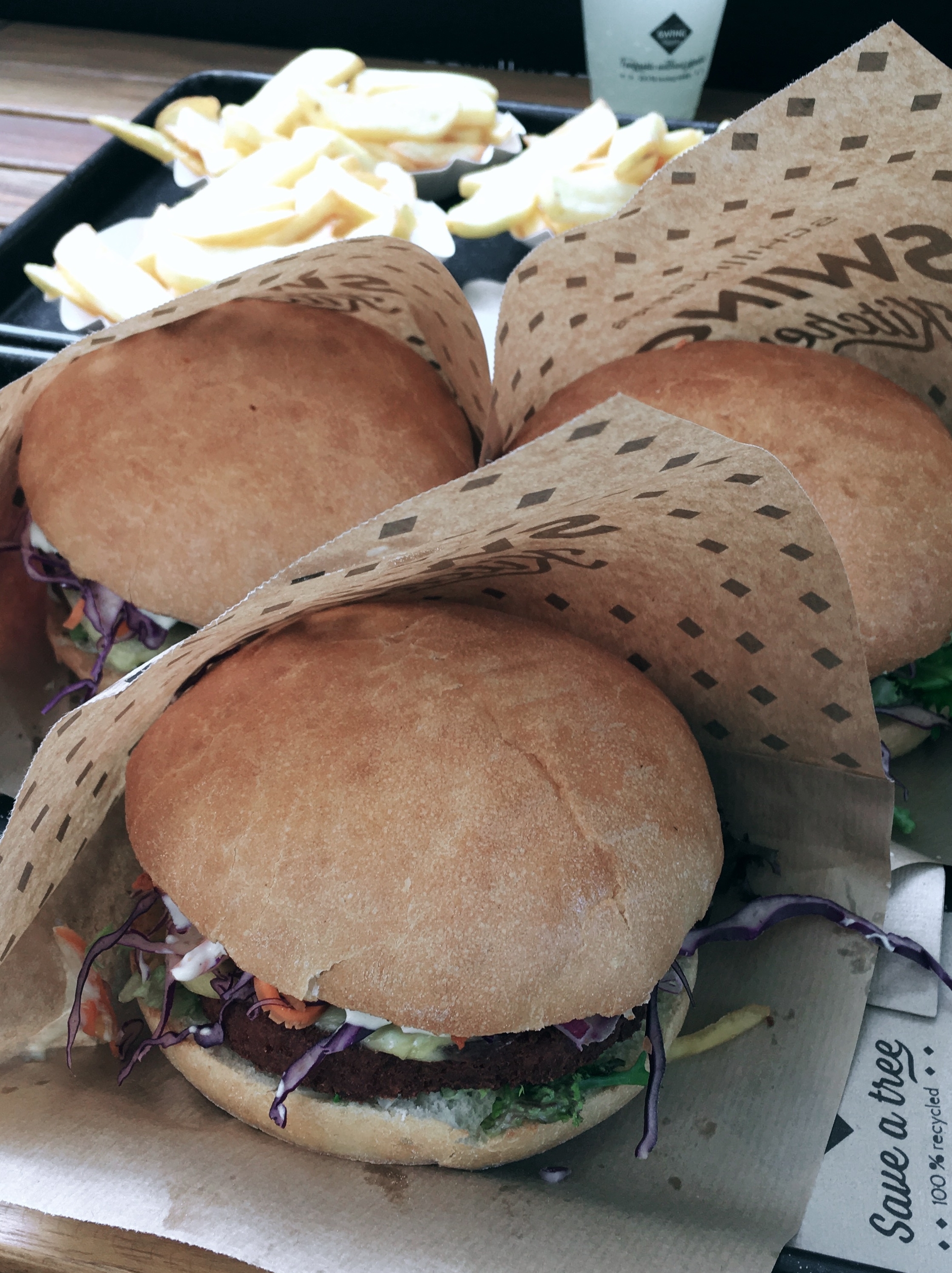
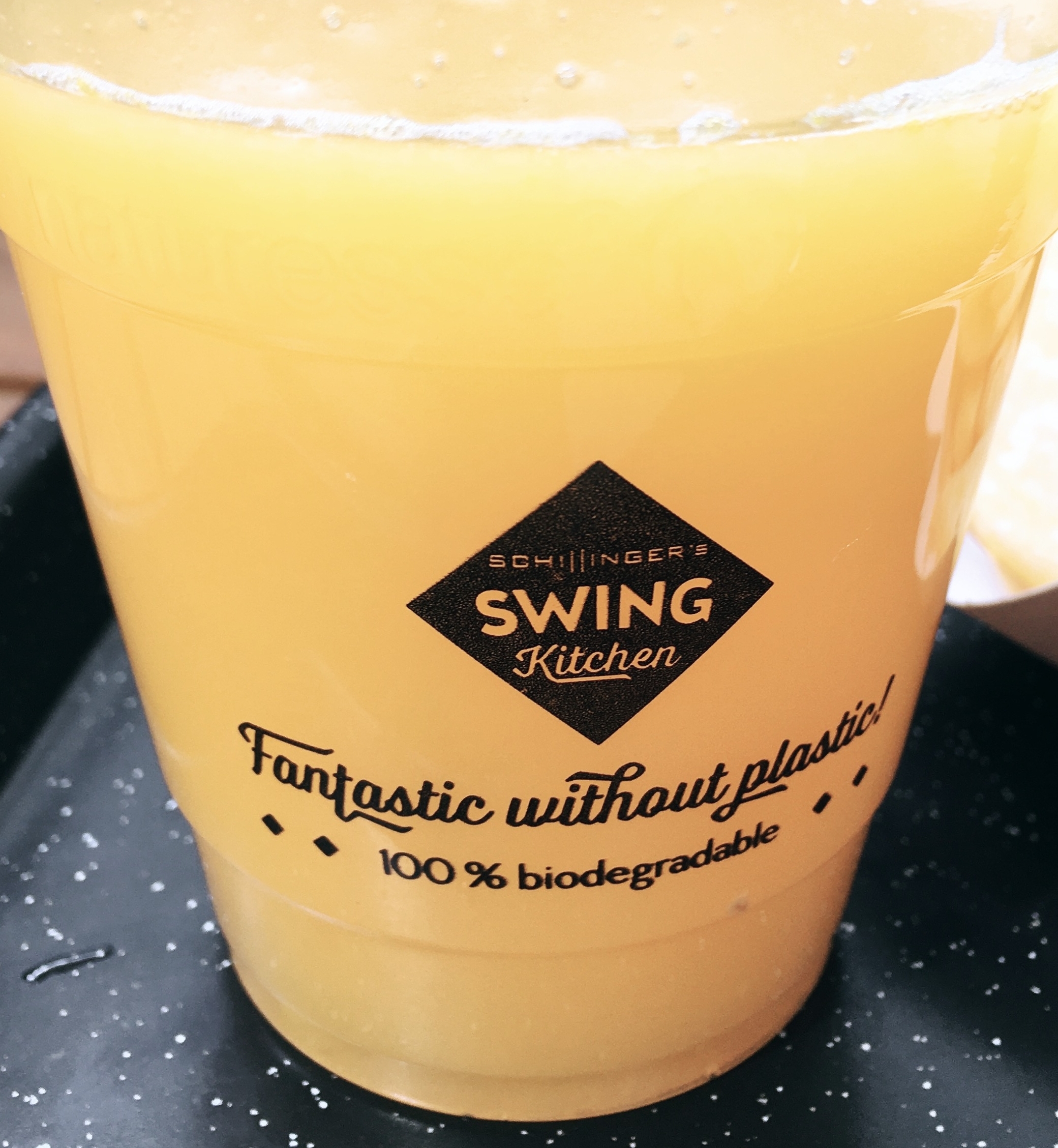
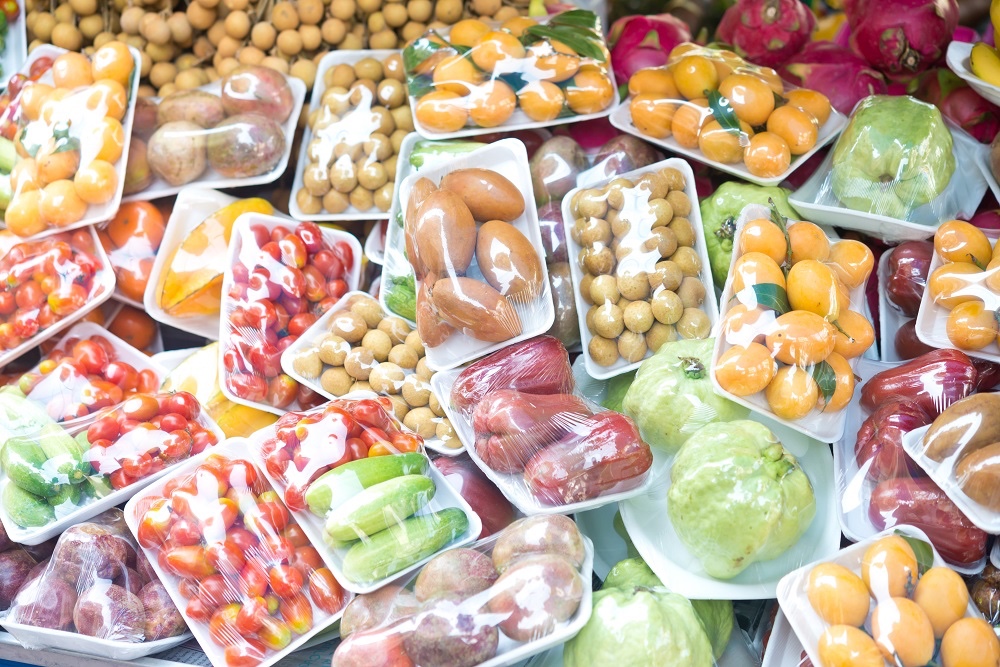
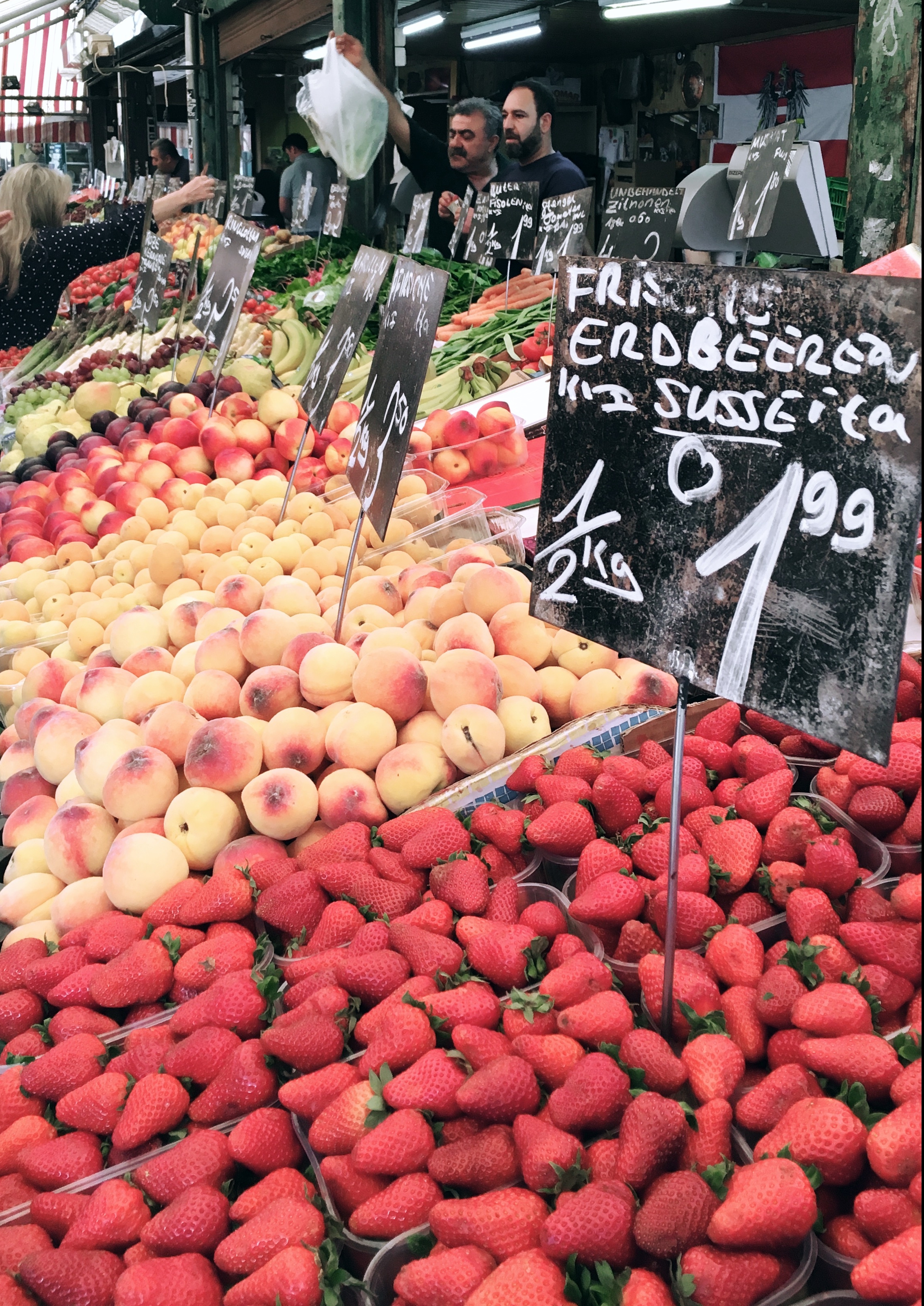
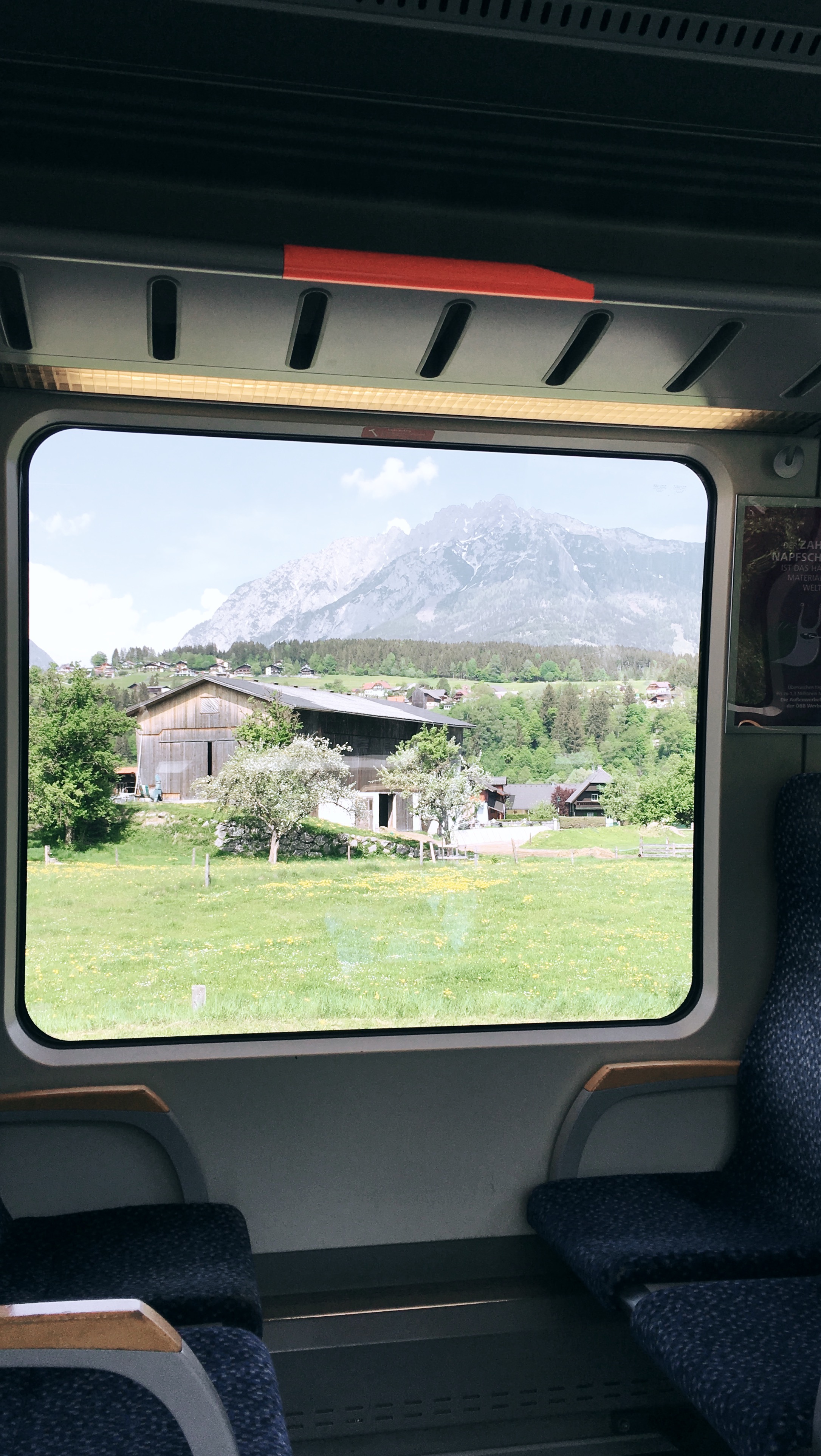
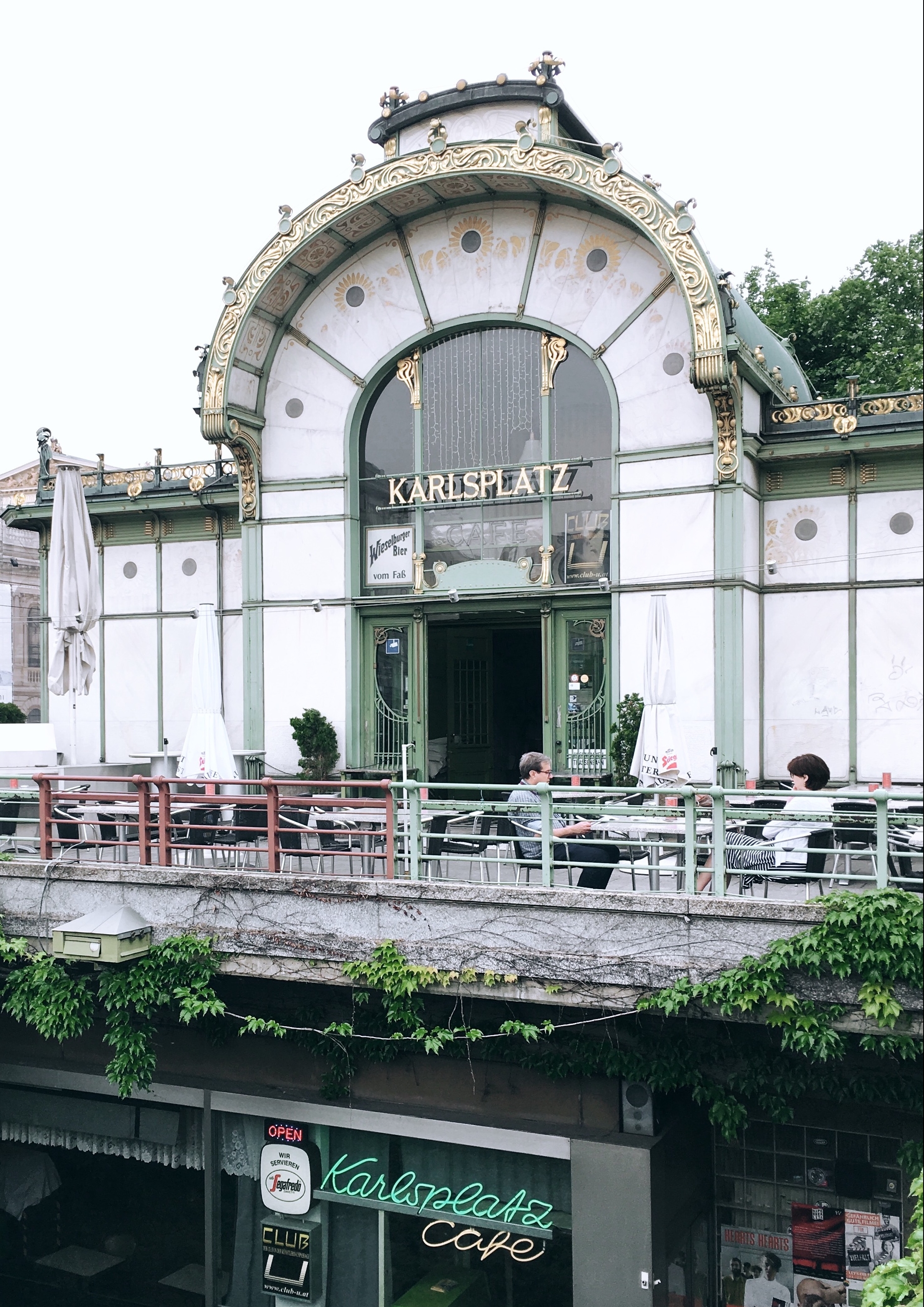
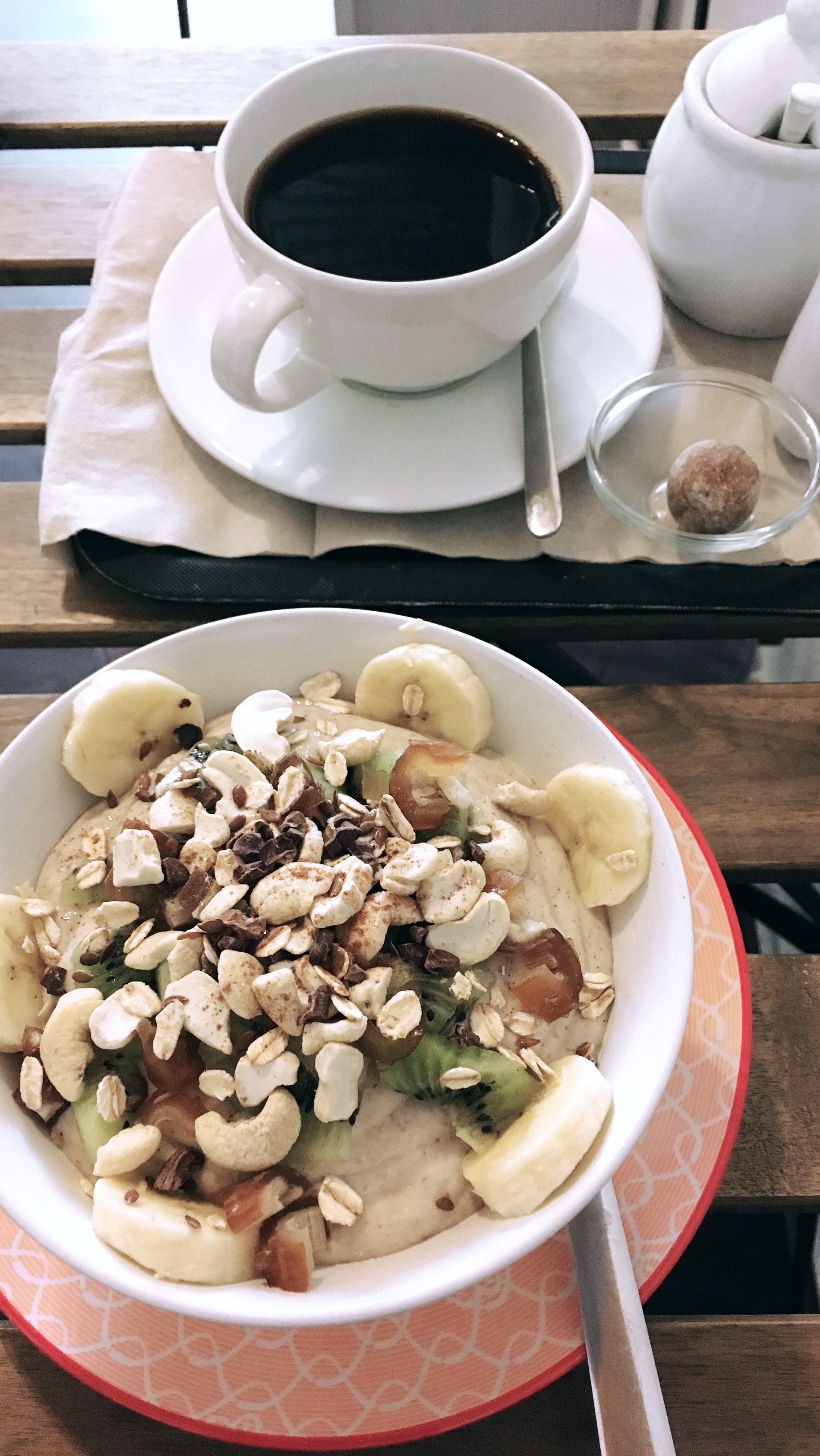
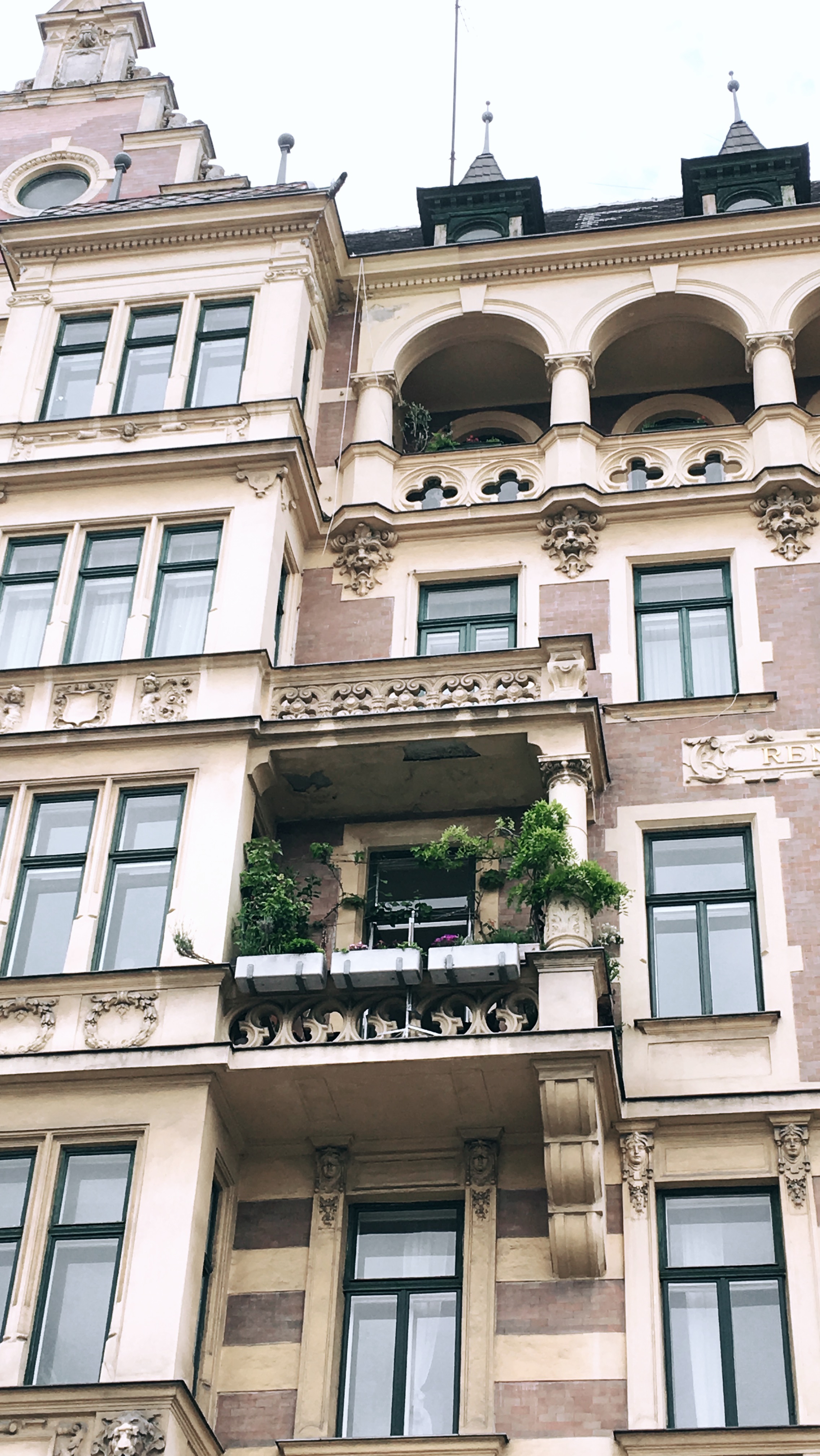
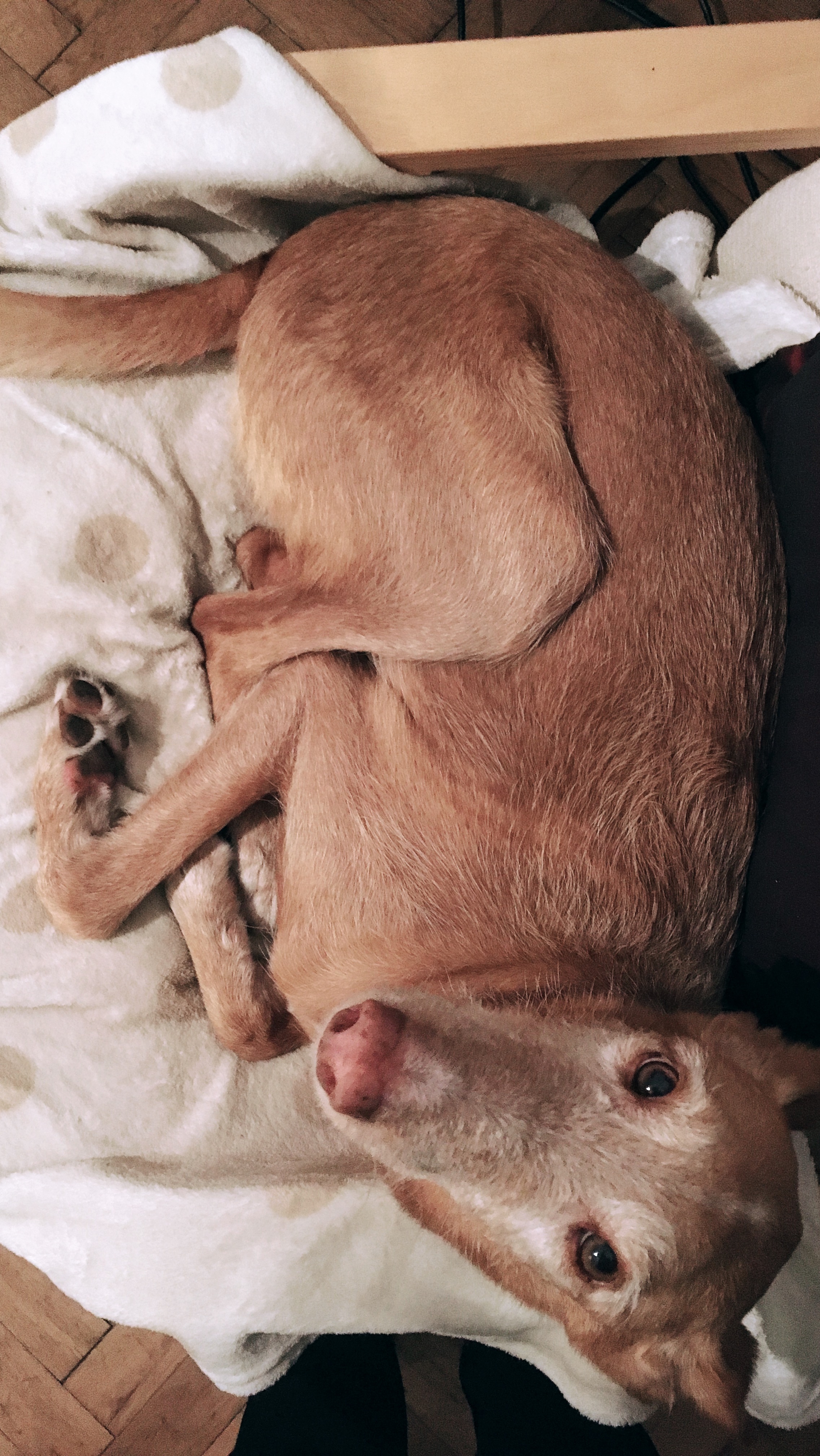

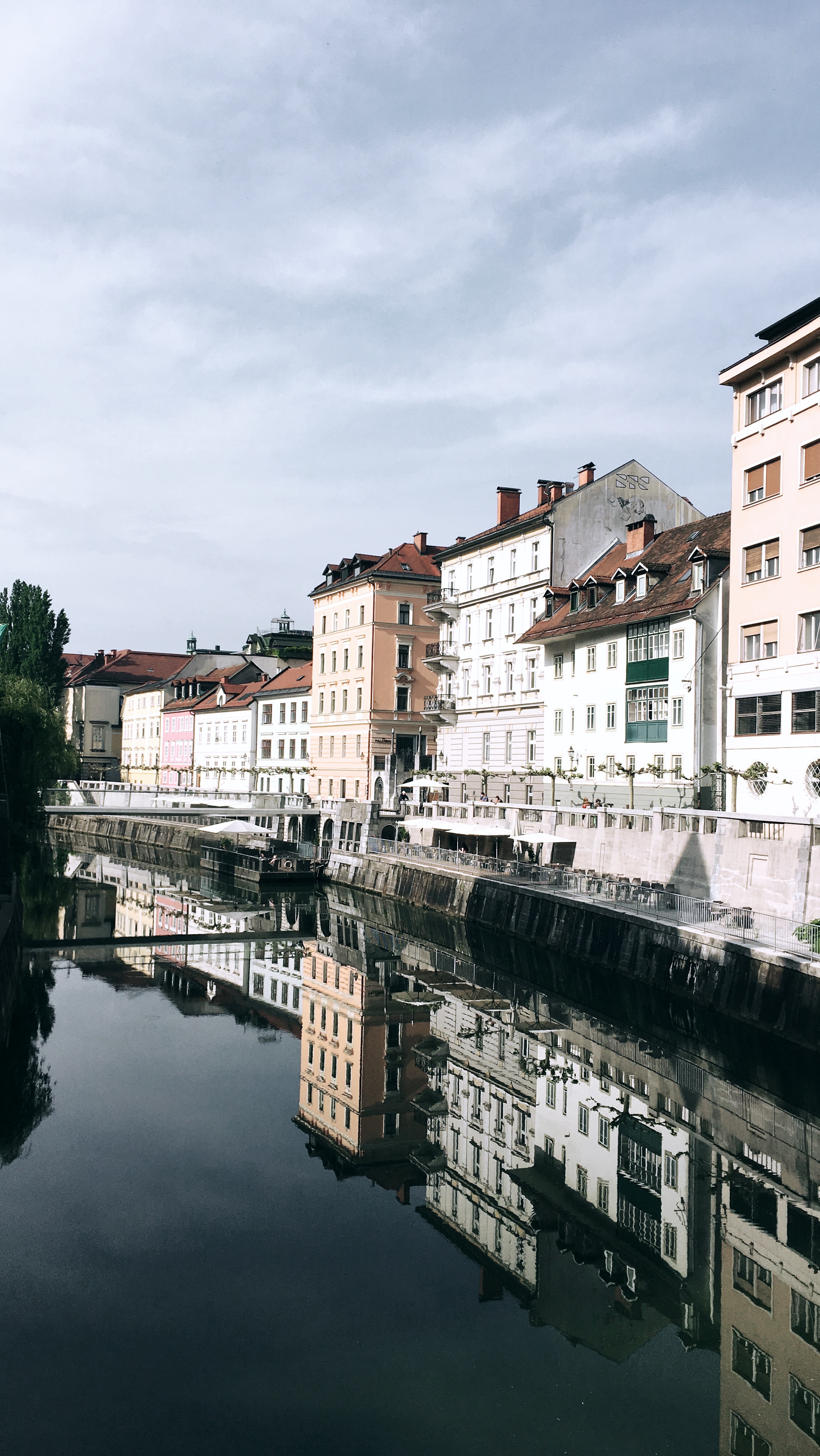
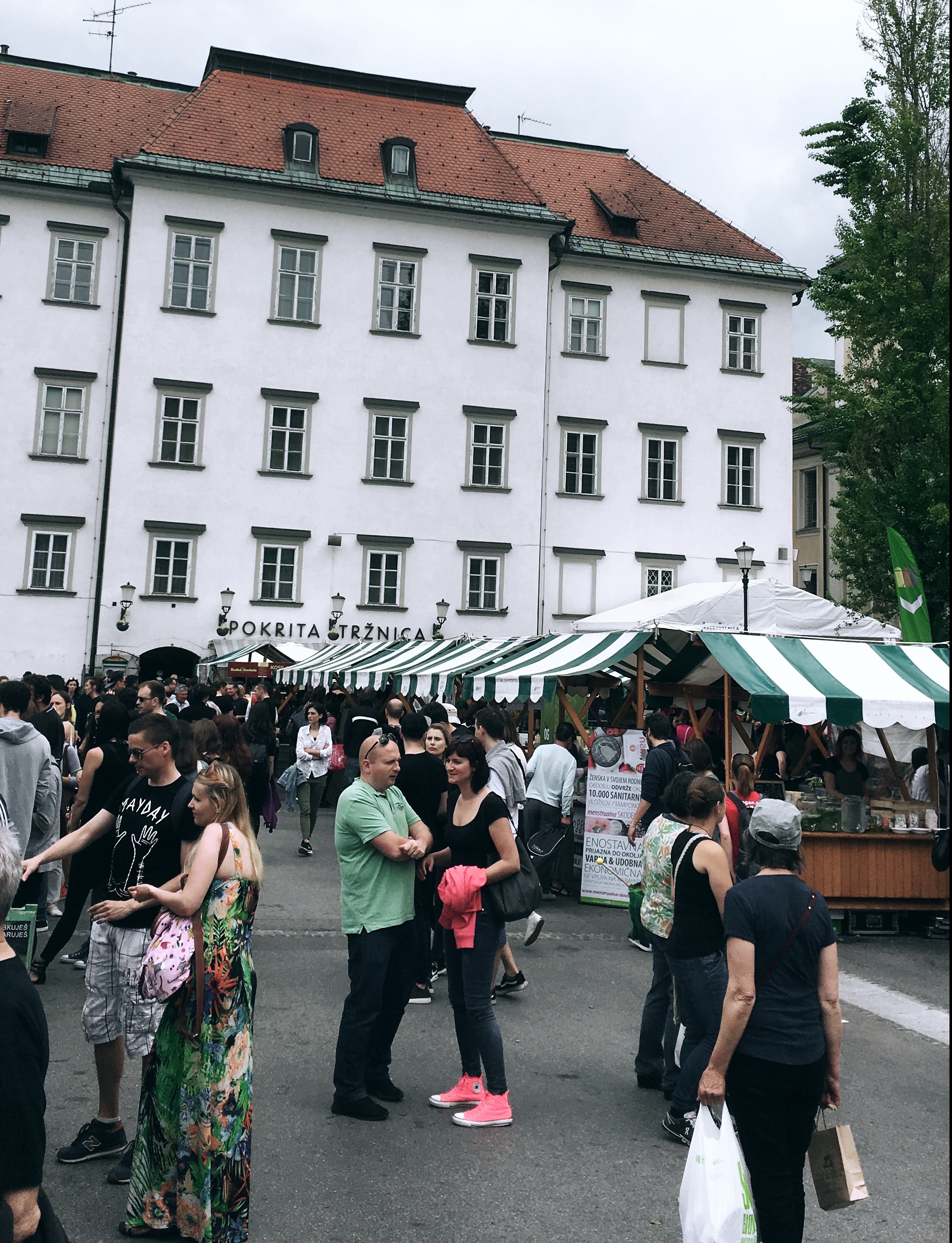
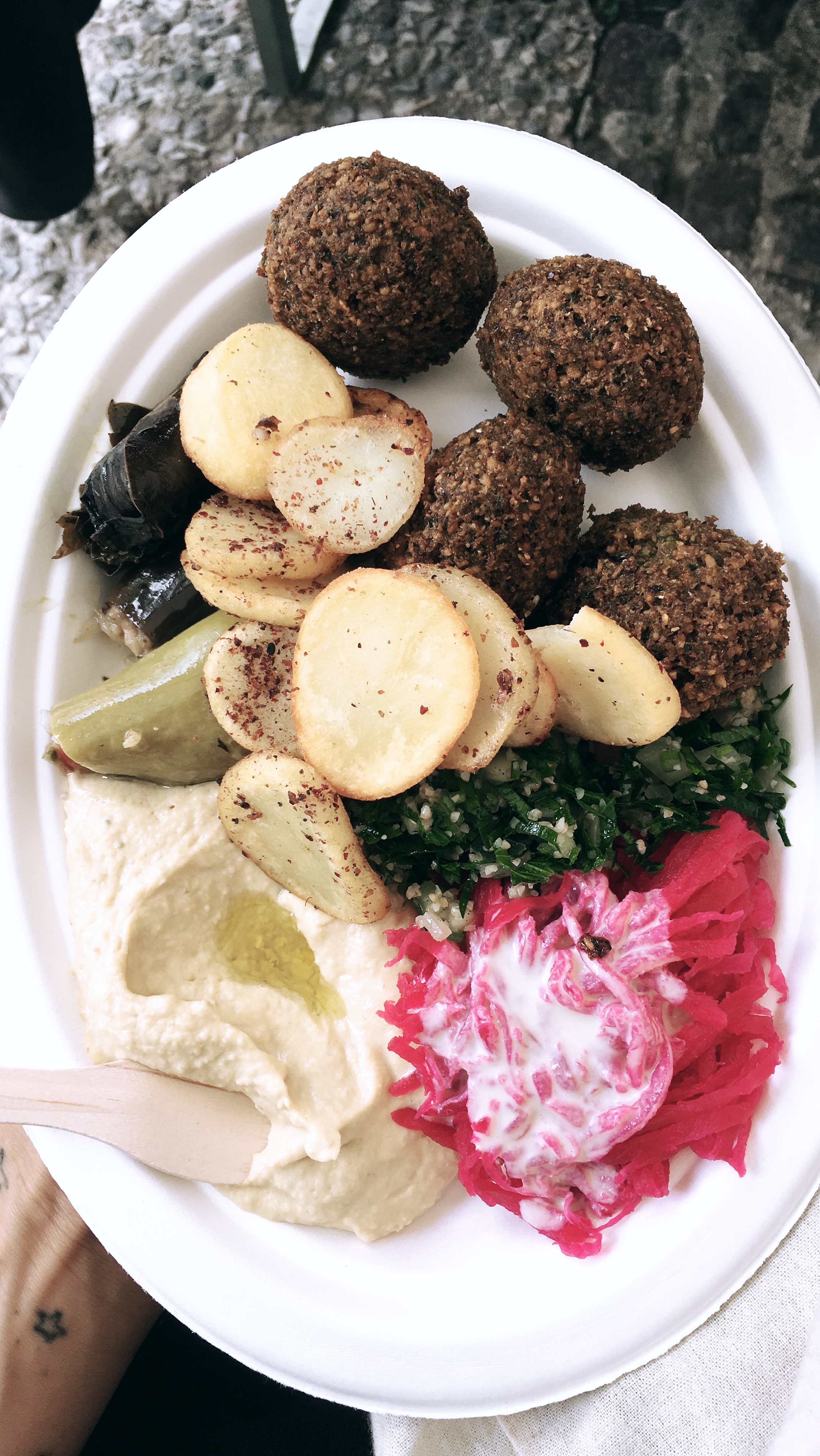

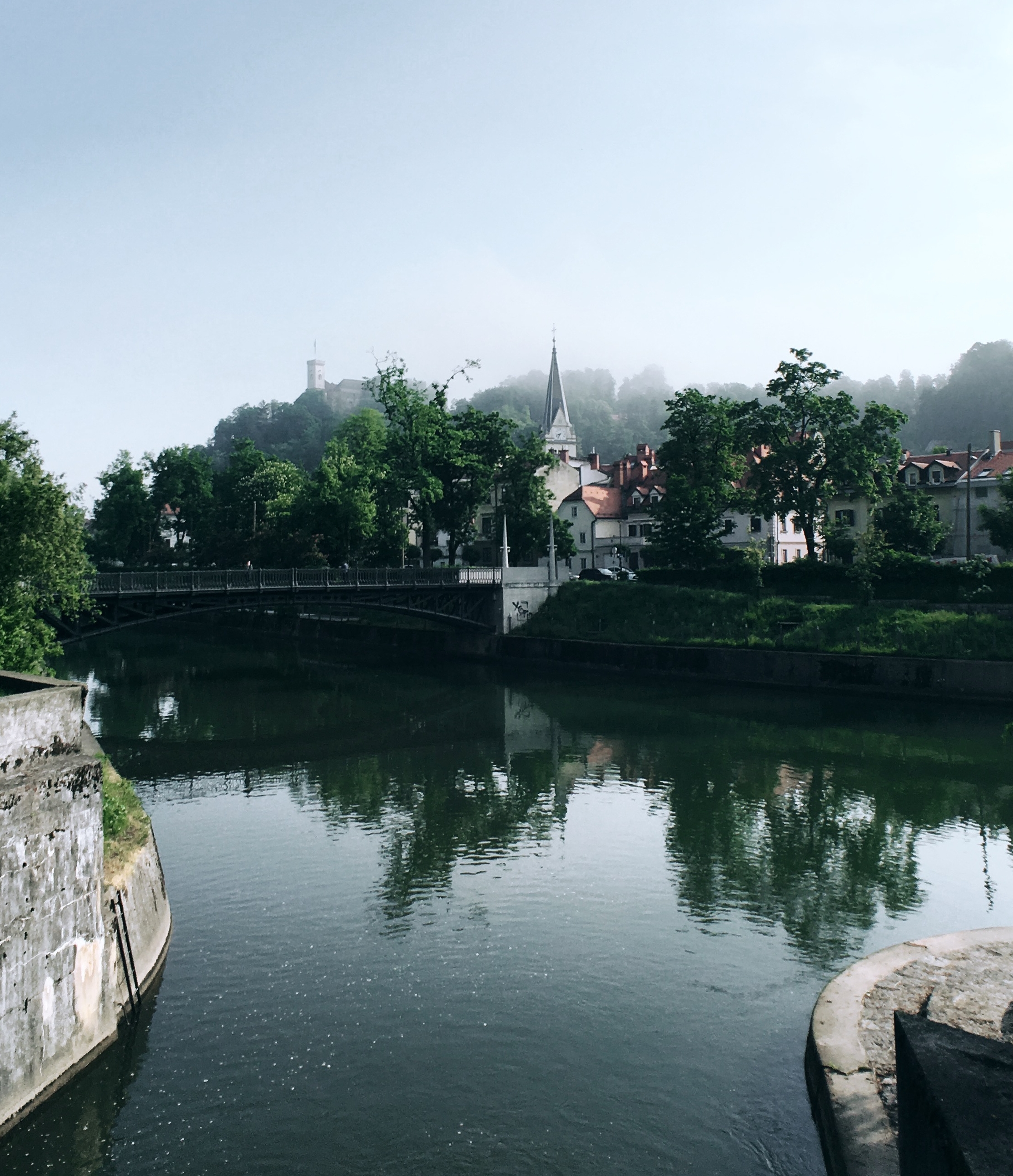
Leave a Reply